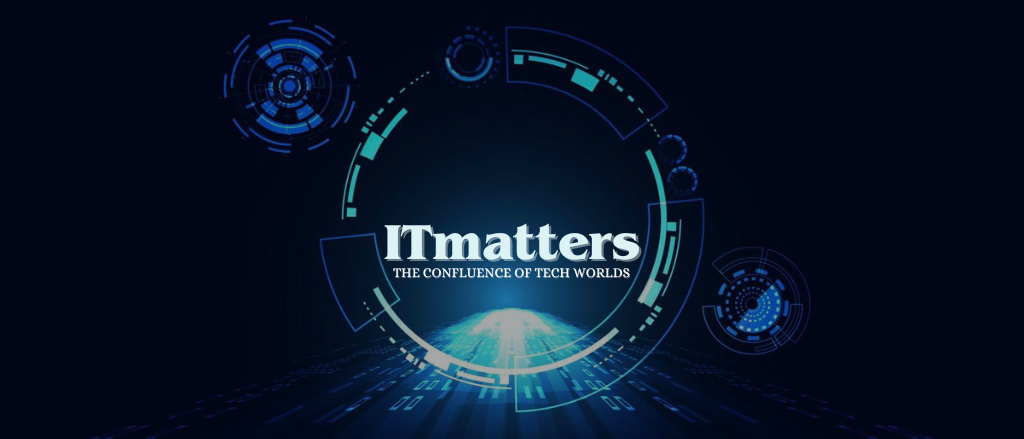The Chatbot Race Heats Up
Chatbots have become a major part of everyday digital interactions. OpenAI’s ChatGPT remains the most widely used AI chatbot, but competitors are gaining traction. New data from analytics firms Similarweb and Sensor Tower reveal that rivals like Google’s Gemini, Microsoft’s Copilot, and xAI’s Grok are increasing their user base.
Growing Competition Among Chatbots
Similarweb tracks web traffic to chatbot applications. In March, Gemini saw an increase of 7.4%, reaching 10.9 million average daily visits. Microsoft’s Copilot also grew, hitting 2.4 million visits, a 2.1% rise from February.
Anthropic’s Claude gained momentum too, recording 3.3 million daily visits. However, the biggest surprise came from xAI’s Grok and DeepSeek’s chatbot, each logging 16.5 million visits in March.
Despite this surge, ChatGPT remains the undisputed leader. By late March, it had surpassed 500 million weekly active users. However, experts believe the competition for second place is becoming fierce.
Grok’s Rapid Rise in Popularity
One of the most significant trends in the chatbot industry is the rapid growth of xAI’s Grok. According to Similarweb’s editor David Carr, Grok’s traffic spiked nearly 800% month-over-month. This makes it one of the fastest-growing AI chatbots today.
DeepSeek, a Chinese AI chatbot, also showed strong early growth but saw a 25% drop in traffic from February to March. Still, it holds the second-place position in terms of daily visits.
Mobile Chatbot Apps Are Thriving
Web-based chatbots aren’t the only ones expanding. Mobile chatbot apps are also attracting more users. Sensor Tower reports that Anthropic’s Claude app saw a 21% increase in weekly active users during the week of February 24. This spike coincided with the launch of its new AI model, Claude 3.7 Sonnet.
Similarly, Google’s Gemini app saw its weekly active users increase by 42% two weeks after Gemini 2.0 Flash became available. This growth highlights how AI advancements directly impact chatbot popularity.
New Features Drive AI Adoption
Beyond new models, chatbots are gaining users due to enhanced features. Google recently introduced a “canvas” tool in Gemini, which helps users visualize coding outputs. Anthropic continues to add new tools to its Claude chatbot, making it more appealing to users.
According to Abraham Yousef, a senior analyst at Sensor Tower, multiple factors contribute to the rising interest in chatbot apps. The rollout of advanced AI models, new features, and increasing consumer curiosity all play a role.
Does ChatGPT Have to Worry?
Despite the rising competition, ChatGPT still dominates. Sensor Tower reports that as of March, ChatGPT had ten times more mobile app users than Gemini and Claude combined. This massive lead suggests that OpenAI’s chatbot isn’t in immediate danger of losing its top spot.
However, the evolving landscape shows that users are exploring alternatives. As AI chatbots become more advanced and offer unique features, the gap between ChatGPT and its rivals could shrink.
What’s Next for AI Chatbots?
With AI advancing rapidly, the chatbot industry will likely see even more competition. Companies are racing to offer smarter, more capable assistants that go beyond basic conversations.
The key to staying ahead lies in continuous innovation. Whether through better AI models, user-friendly features, or mobile accessibility, chatbot developers must keep improving to attract and retain users.
For now, ChatGPT leads the market. But with fast-rising contenders like Grok, Gemini, and Claude, the chatbot war is far from over.







Leave a Reply